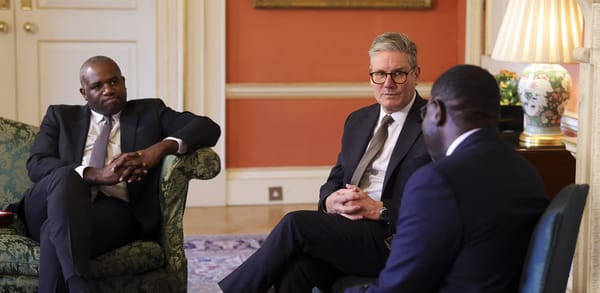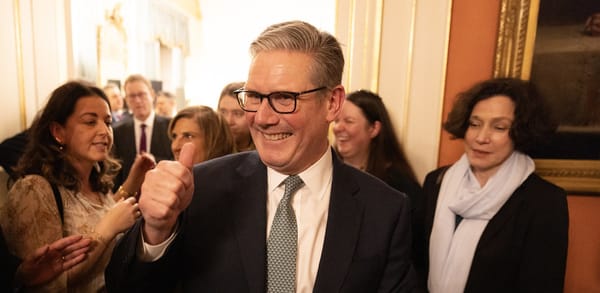The rise and rise of national populism
National populism, fuelled by media-backed disinformation, anti-immigrant rhetoric, and libertarian ideologies, threatens democracies globally by eroding institutions, fostering fear, and exploiting divisions.

Highlights from this story
● Far-right, libertarian, and neoliberal alliances exploit media and disinformation, threatening democratic norms globally.
● Fear-mongering, anti-immigrant rhetoric, and media control amplify division, eroding trust in institutions.
● Media dominance spreads populist narratives, while libertarians prioritise individualism over collective societal progress.
A shadow looms over global democracies as far-right movements, libertarian ideologues, and neoliberal actors unite under the unofficial banner of “national populism.”
These alliances, often claiming to champion freedom while rejecting so-called elite governance, present a serious threat to democratic norms and institutions. Their rise, initially powered by billionaire-backed media empires such as Rupert Murdoch’s News Corp and now also by social media super-billionaires like Elon Musk and Mark Zuckerberg, has been bolstered by relentless disinformation campaigns.
During the 2016 US presidential election, false stories such as the “Pizzagate” conspiracy spread widely on social media, influencing public opinion. Similarly, in the UK, disinformation during the 2016 Brexit referendum included exaggerated claims about EU costs, such as the infamous £350 million figure emblazoned on the red Vote Leave bus. Although this claim was later debunked, it persisted as a sustained belief among parts of the electorate.
This profound shift in the political landscape serves as a cautionary tale for democracies worldwide, illustrating how control over media and digital platforms can shape public opinion and erode trust in institutions.

— Nigel Farage at The Melbourne Convention and Exhibition Centre, Melbourne, Australia, 26-Sep-2022.
CONTINUE READING...
Enjoy unlimited access now.
To get full access to this article,
simply become a member of PUBLIC SQUARE now.
By doing so, you will be supporting
our independent journalism.
MEMBERSHIP OPTIONS:
£3/month ∙ £5/month ∙ £7/month
You can cancel anytime.
BECOME A MEMBER
Already a member? Sign in here!
BENEFITS OF MEMBERSHIP:
✅ Read exclusive member-only articles
✅ Read our daily review of the UK front pages
✅ Receive every new article by email
✅ Access all our articles
✅ Get Special Discounts with our partners
✅ Join the conversation: Comment our articles
✅ Access our archives
✅ More importantly: Support independent journalism and keep the magazine going
Read more

— The UK government’s foreign policy in 2025 will focus on Ukraine, the Middle East, EU relations, Trump’s presidency, and defining “progressive realism”. Challenges include conflicts, alliances, and economic considerations.

— Kyiv’s termination of Russia’s gas transit to Europe ends a historic energy dependency, symbolising Europe’s energy resilience. Russia now faces economic losses, but Moldova and Transnistria confront severe energy crises and instability too.

— Your daily roundup of the front pages of the main newspapers and magazines today in the UK... and beyond.

— Higher energy bills mark 2025, alongside discontent with Labour’s unfulfilled promises and Keir Starmer’s declining popularity. Rising far-right influence threatens Westminster, bolstering Scottish independence momentum amid political dissatisfaction.
|
|

